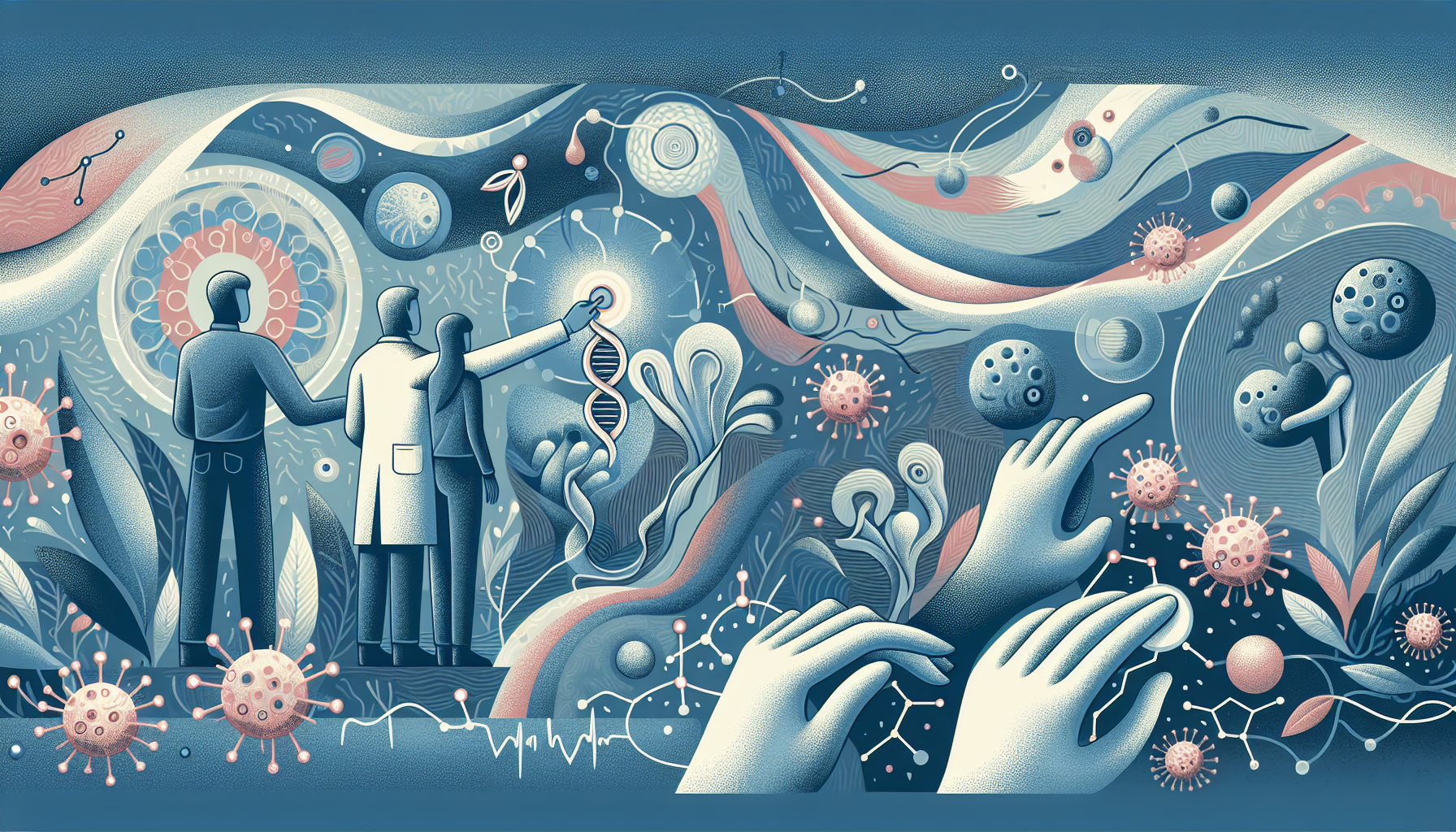Cytomegalovirus (CMV) is a common virus that most people have had without knowing. Over half of adults in the U.S. have it by age 40, but people of any age can get it. While CMV usually doesn't cause problems in people with healthy immune systems, it can lead to serious health issues in those with weakened immune systems and babies infected before birth.
Types of CMV Infection
Congenital: When a baby gets CMV from their mother before birth
Primary: When someone gets CMV for the first time
Reactivation: When a dormant infection becomes active again due to a weakened immune system
Cytomegalovirus Symptoms
Most healthy people with CMV don't experience symptoms. However, some groups may have mild to severe symptoms, including:
Newborns who get CMV before birth
Infants infected during or soon after birth
Recipients of organ, bone marrow, or stem cell transplants
Those infected with HIV
Symptoms can range from fatigue, swollen glands, and fever to more severe complications like retinitis, pneumonia, and developmental delays in babies.
Cytomegalovirus Causes and Transmission
CMV is part of the herpesvirus family and can remain dormant in your body for years before reactivating. You can get CMV through contact with an infected person's bodily fluids, such as saliva, semen, vaginal fluids, blood, urine, and breast milk. CMV can also spread through sexual contact, blood transfusions, and organ transplants.
Cytomegalovirus Diagnosis and Treatment
Doctors can diagnose CMV using blood and urine tests, biopsies, eye tests, and imaging tests. Treatment may not be necessary for healthy individuals, but antiviral medicines can help slow down the virus in people with weakened immune systems or newborns with CMV. These medicines can control the infection but cannot cure the disease.
Cytomegalovirus Complications and Prevention
CMV can cause complications such as mononucleosis, Guillain-Barre syndrome, and brain inflammation in rare cases. In people with HIV, CMV can lead to retinitis, pneumonia, and other serious issues. Congenital CMV can result in learning problems, cerebral palsy, hearing loss, and vision problems in babies.
To prevent CMV infection, practice good hygiene, such as washing your hands often, avoiding contact with bodily fluids, and keeping surfaces clean. If you have HIV, taking antiretroviral therapy (ART) can help keep your immune system strong and reduce the risk of CMV complications.
If you suspect you have a CMV infection or know you were infected during pregnancy, consult your doctor for proper diagnosis and treatment. While there is no cure for CMV, taking preventive measures and seeking timely medical care can help manage the virus and its potential complications.
For more information on cytomegalovirus, visit:
The Bottom Line
While CMV infection is usually harmless in healthy adults, it poses serious risks to pregnant women, newborns, and immunocompromised individuals who require prompt antiviral treatment. Prevention focuses on strict hygiene practices, especially for high-risk groups. If you're pregnant, immunocompromised, or experiencing persistent flu-like symptoms, Doctronic can help you understand your risk and next steps.


